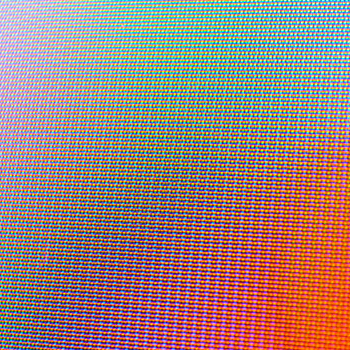What are the critical values, if any, of #f(x)=x+e^(-3^x)#?
1 Answer
First of all,
The denominator of the expression dominates as x increases in absolute value, so that f'(x) has a horizontal asymptote at y = 1.
Now this function, f', is minimal when
Divide by both exponentials (which are never zero), and by
We know this is a minimum and not a maximum because
Therefore f' is positive for all values of x.
Since f' is positive, f is strictly increasing on
Therefore f has no critical points.

